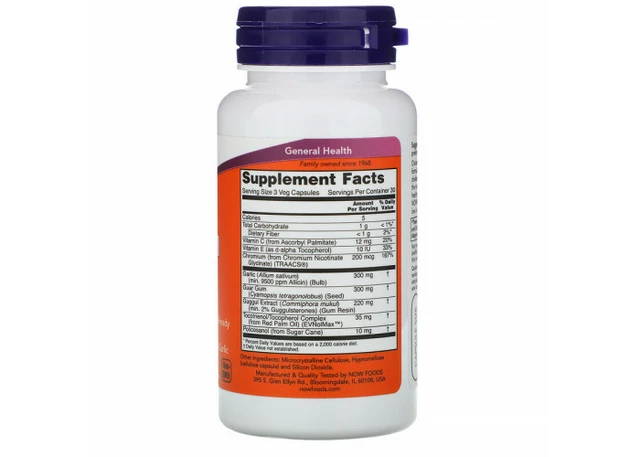Insomnia Medication: Types, Uses, and What to Know
When dealing with insomnia medication, any drug or supplement designed to help you fall asleep or stay asleep. Also known as sleep aid, it plays a crucial role in managing chronic sleep loss and improving daily function.
One of the most common non‑prescription options is melatonin, a hormone that regulates the body’s circadian rhythm. Melatonin supplements work by signalling to your brain that it’s nighttime, which can shorten the time it takes to nod off, especially for shift workers or travelers crossing time zones. Because it mimics a natural substance, melatonin usually has fewer side effects than stronger drugs, but dosage matters – 0.5 mg to 5 mg taken 30 minutes before bedtime is a typical range.
Choosing the Right Sleep Aid
If melatonin isn’t enough, many doctors turn to benzodiazepines, a class of prescription drugs that enhance the effect of the brain’s calming neurotransmitter GABA. Medications like temazepam or lorazepam can induce deep sleep quickly, making them useful for short‑term insomnia crises. However, they also carry risks of dependence, daytime drowsiness, and memory problems, so they’re generally recommended for brief courses rather than long‑term use.
For people who need a prescription but want to avoid benzodiazepine‑related complications, non‑benzodiazepine hypnotics such as zolpidem or eszopiclone offer a middle ground. These drugs bind to the same GABA receptors but are chemically distinct, often providing fewer withdrawal symptoms. Still, they can cause complex sleep‑related behaviors like sleepwalking, so a clear discussion with a healthcare provider is essential.
Over‑the‑counter (OTC) sleep aids also fill a niche, especially antihistamines like diphenhydramine or doxylamine. These compounds cause drowsiness by blocking histamine receptors in the brain. While cheap and easy to obtain, they may lead to next‑day grogginess, dry mouth, and tolerance if used nightly. For occasional sleepless nights, an OTC option can be a practical stop‑gap, but it shouldn’t replace a longer‑term plan.
Understanding how each category works, its typical dosage, and its side‑effect profile helps you match the right insomnia medication to your lifestyle and health goals. Below you’ll find a curated list of articles that break down specific drugs, compare costs, highlight safety tips, and answer common questions – all aimed at giving you the confidence to choose a sleep solution that fits your needs.
 12 October 2025
12 October 2025
Trazodone vs. Alternatives: Which Sleep Aid Is Right for You?
A clear, side‑by‑side look at trazodone and its main sleep‑aid alternatives, with guidance on picking the right option, safety tips, and FAQs.
Latest Posts
-

Head Injury While on Blood Thinners: When to Get a CT Scan
-

How Drug Shortages Are Delaying Care and Putting Patients at Risk
-

Policosanol: The Dietary Supplement That's Making Waves in Cardiovascular Health
-

FDA Generic Approval Changes 2023-2025: What Manufacturers and Patients Need to Know
-

How to Buy Cheap Generic Seroquel Online Safely

15